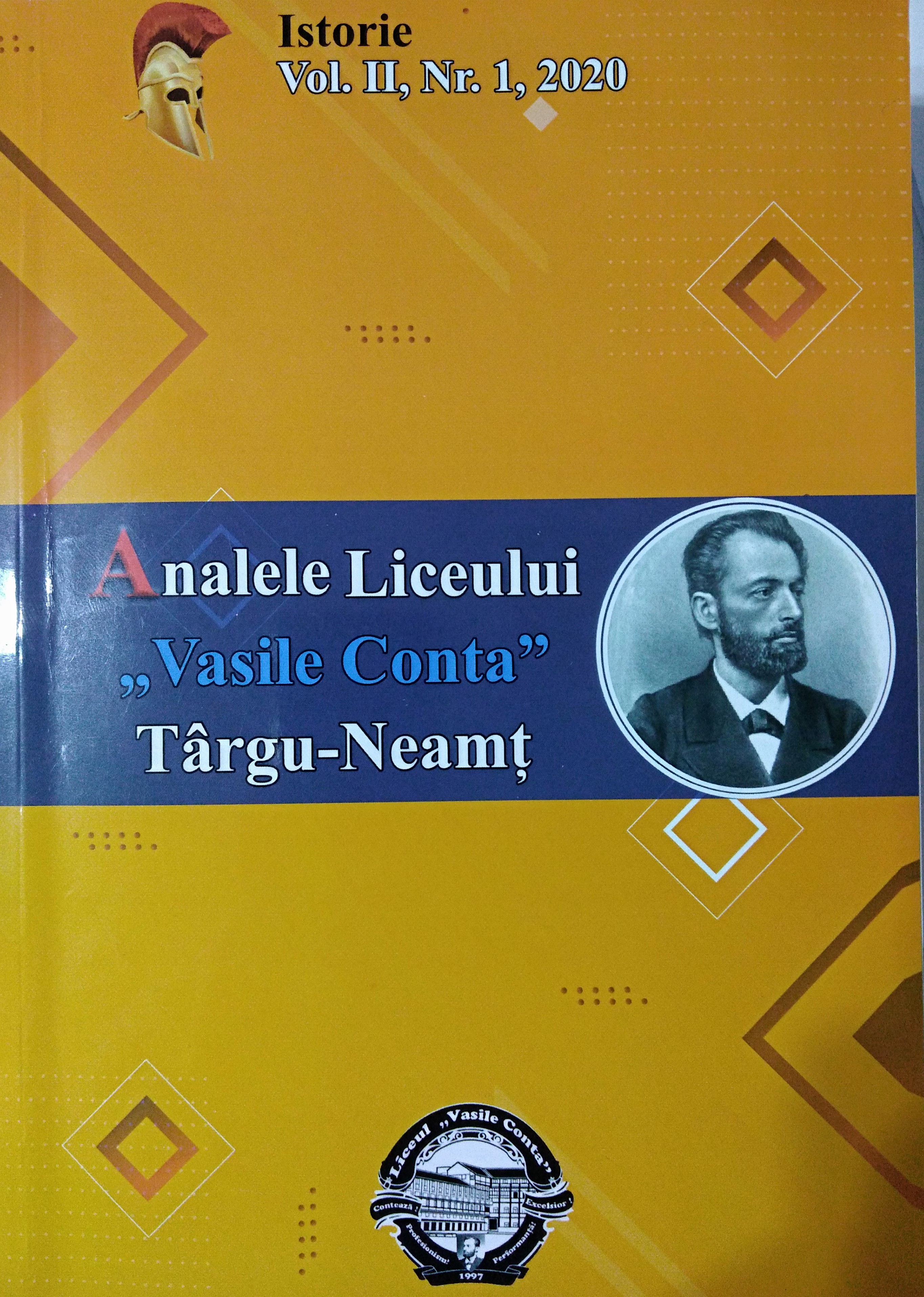Migrația forței de muncă în Europa. Criză sau dezvoltare?
LABOR MIGRATION IN EUROPE. CRISIS OR DEVELOPMENT?
Author(s): Alexandra - Georgiana PoenaruSubject(s): Sociology, Social history, Transformation Period (1990 - 2010), Present Times (2010 - today)
Published by: Liceul Vasile Conta Târgu-Neamț
Keywords: European Union; international migration; labour; crisis; development;
Summary/Abstract: The migration phenomenon is universal, but has specific meanings from one area to another.Migration is considered to be the third basic factor involving "changes in the structure of thepopulation along with birth and mortality" (Edmonston, Michalowski, 2004; 455), having significantimplications for the growth and decline of the population, but also to the level regarding themodification of the socio-demografic characteristics of countries of origin and destination.At EU level, in the year 2016, according to Eurostat data, a total of 4.3 million people haveimmigrated in one EU Member State-28 and at least 3 million migrants have left an EU Member State.International migration has an impact on all Member States of the European Union. In the presentarticle we will review push factors (those who oblige individuals to leave their country of origin as aresult of public outcry against the existing economic, political, social background), pull factors (thosewho attract individuals in areas with diverse opportunities) and the premises of any specific crises inboth the country of origin and of destination!
Journal: Analele Liceului „Vasile Conta” Târgu-Neamț, seria Istorie
- Issue Year: 2/2020
- Issue No: 1
- Page Range: 114-120
- Page Count: 7
- Language: Romanian

